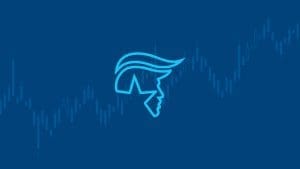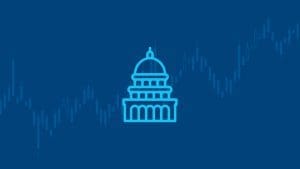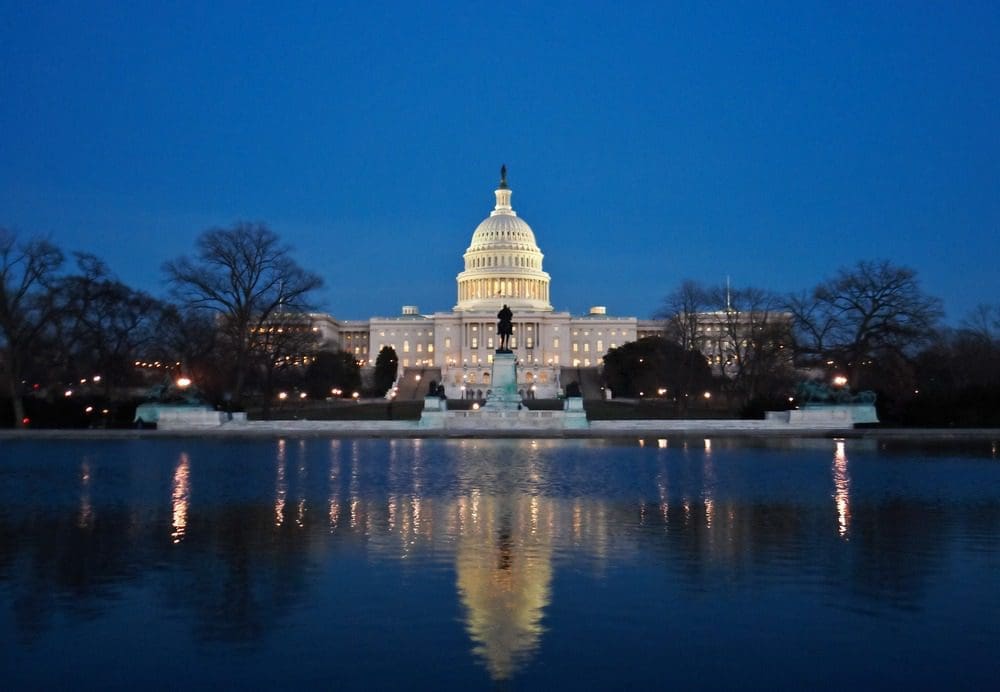
A bill to ban stock trading by lawmakers just squeaked through the Senate Homeland Security and Governmental Affairs Committee.
The vote? 8–7. All Democrats voted yes, and only one Republican, Sen. Josh Hawley, broke ranks.
The rest of the GOP committee members? They voted to keep trading. Here’s who stood against the stock ban — and the reasons they gave (or didn’t).
Rand Paul (KY)
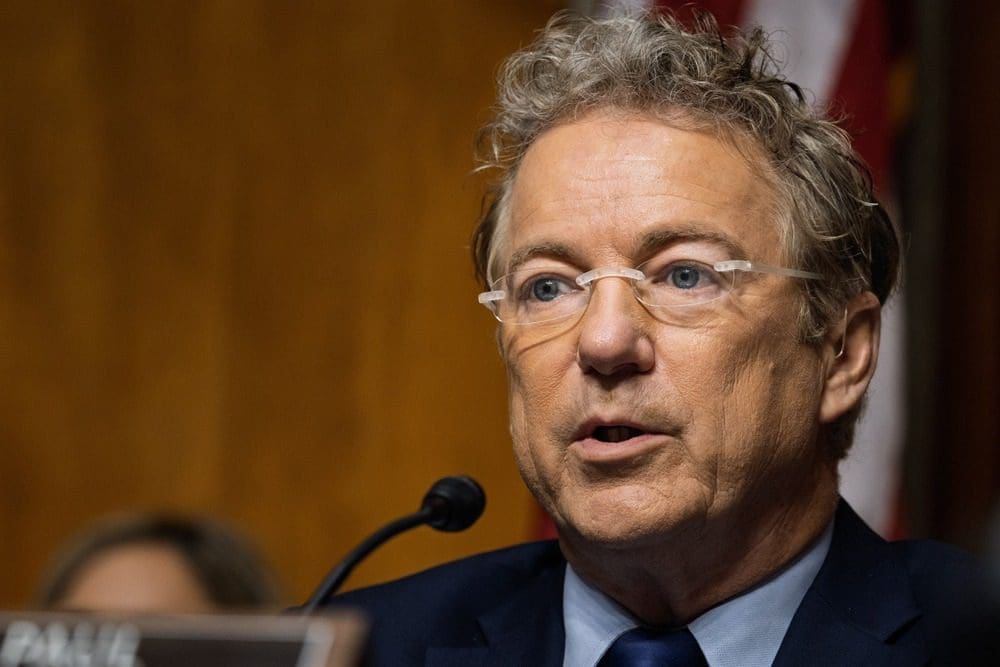
The chair of the committee and longtime opponent of restrictions like this, Paul slammed the bill as “not ready for prime time.” He argued it was rushed and unfairly punitive, especially toward conservative members, calling it political theater wrapped in ethics.
Rick Scott (FL)
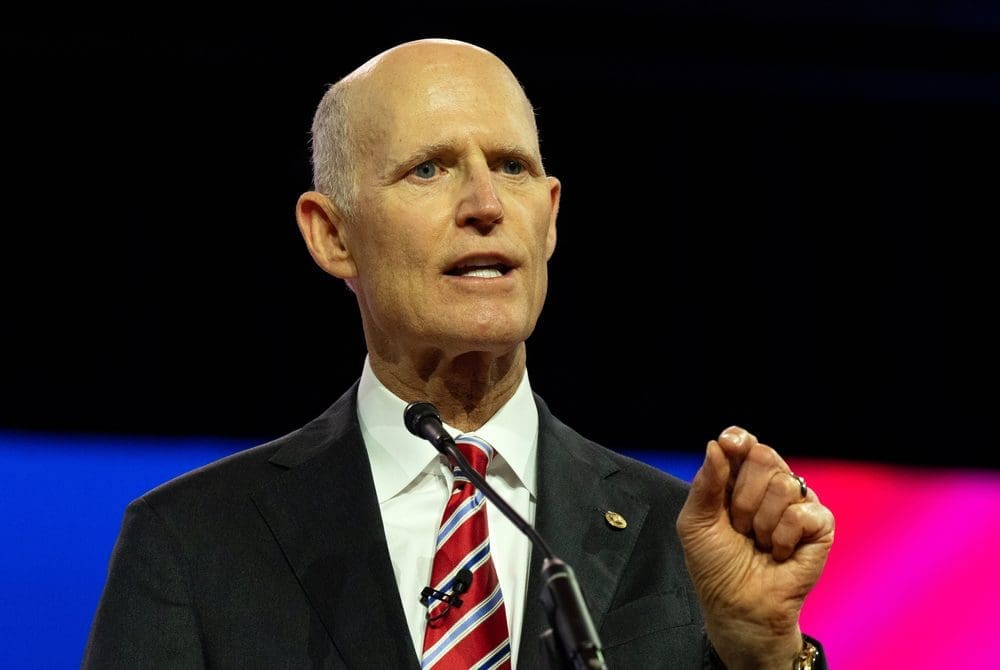
A former CEO with a hefty portfolio, Scott defended the right of lawmakers to maintain ownership of stocks. He criticized the bill’s requirement for members to sell their holdings, warning it would deter successful businesspeople from running for office.
Ron Johnson (WI)
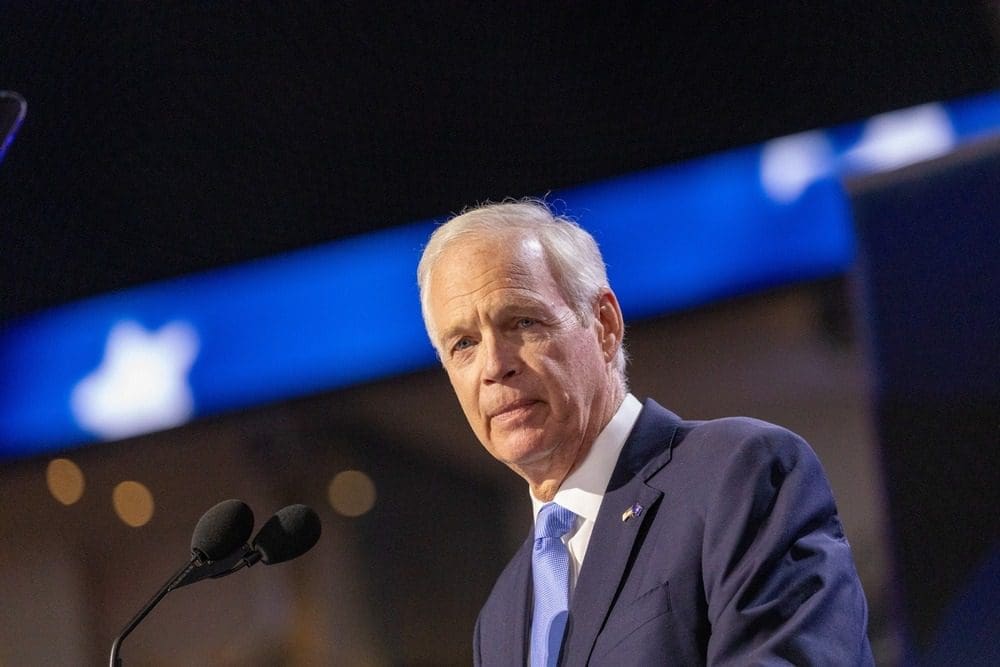
Johnson objected on philosophical grounds, saying the bill “insults” those who come from the private sector. He argued that wealthy officials shouldn’t be forced to liquidate legitimate investments just to serve in government.
James Lankford (OK)
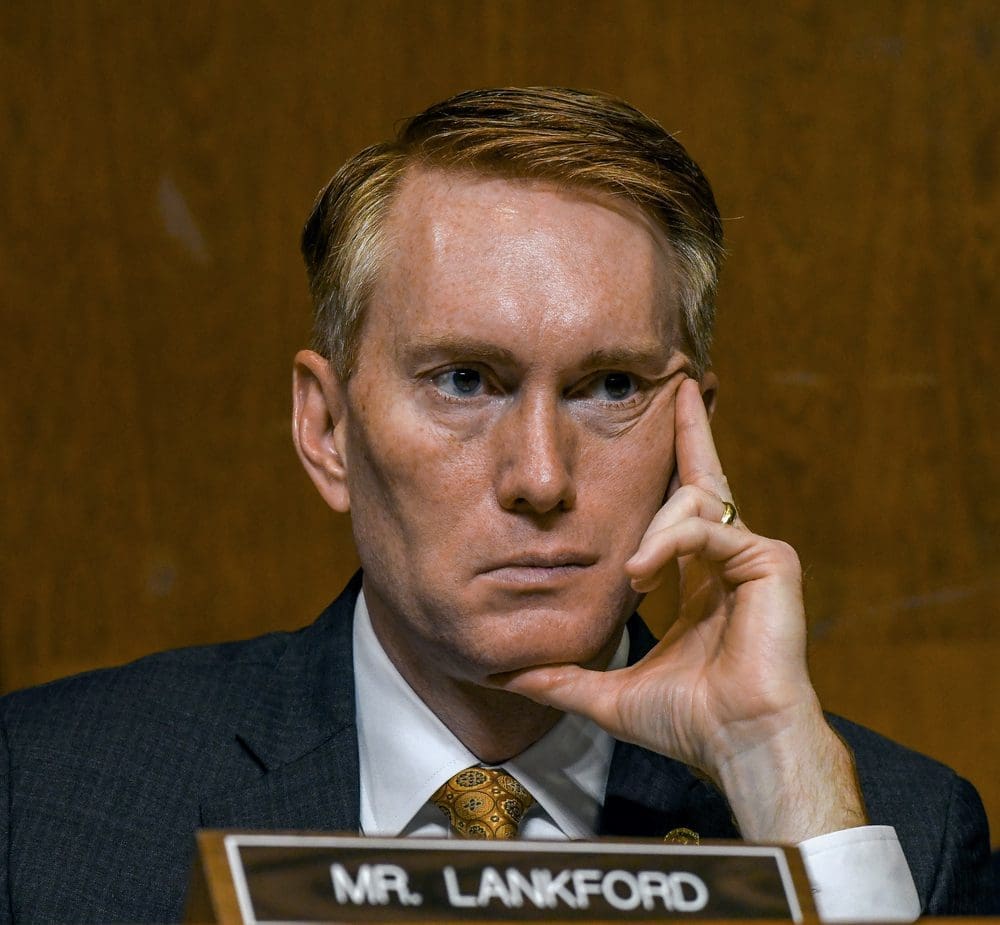
Lankford took aim at the bill’s ban on blind trusts — tools designed to shield lawmakers from conflicts of interest. He warned that removing them could backfire by discouraging transparency, not enhancing it.
Roger Marshall (KS)
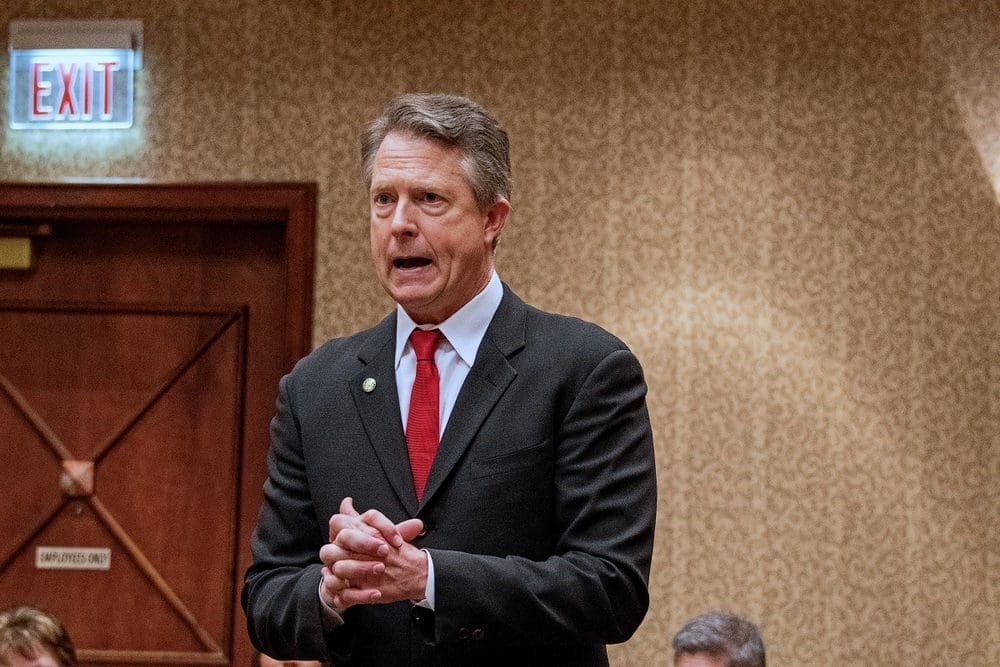
Marshall flat-out voted no, voicing concerns that the bill goes too far. He didn’t provide much public explanation, but his vote fell in line with other GOP senators defending stock ownership as a right, not a privilege.
Bernie Moreno (OH)
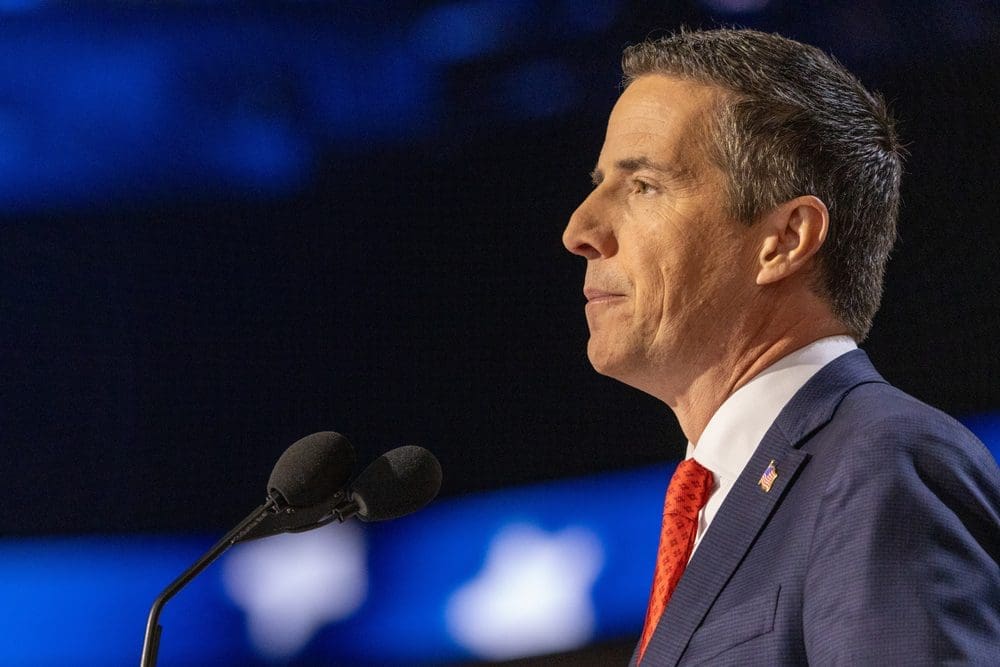
Moreno’s vote surprised some — he was once a co-sponsor of a different stock-ban bill. But in this markup, he joined the Republican opposition, reportedly unhappy with the final version and its impact on executive branch officials.
Josh Hawley (MO)
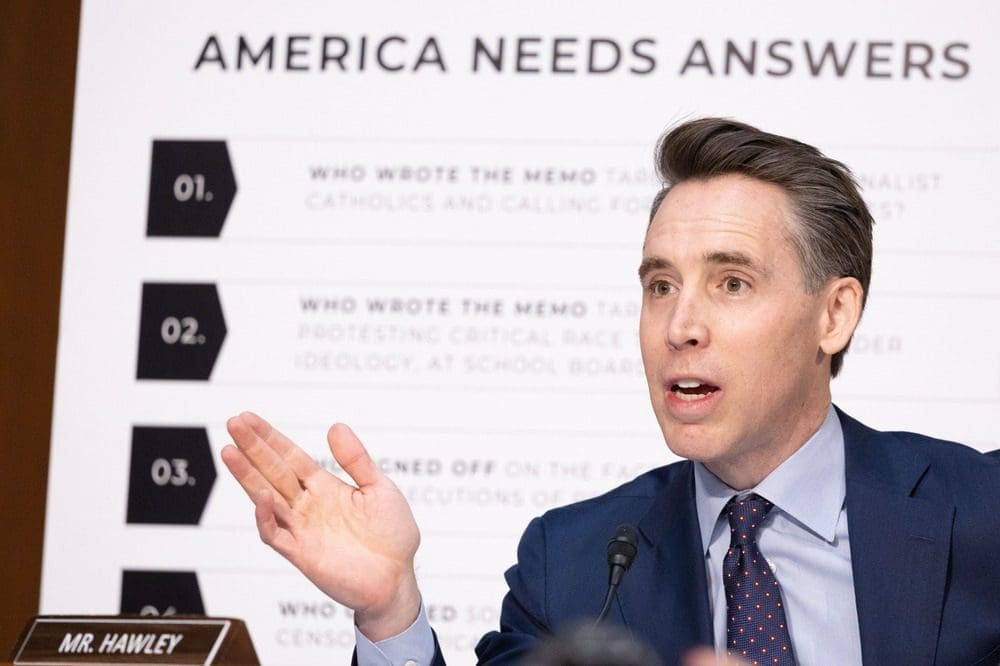
The lone Republican to vote for the ban. Hawley co-authored the bill and stood firm, saying Americans are “sick of the grift.” He later said he “cleared the air” with Trump after the former president called him a “second-tier senator.”
What the Bill Does
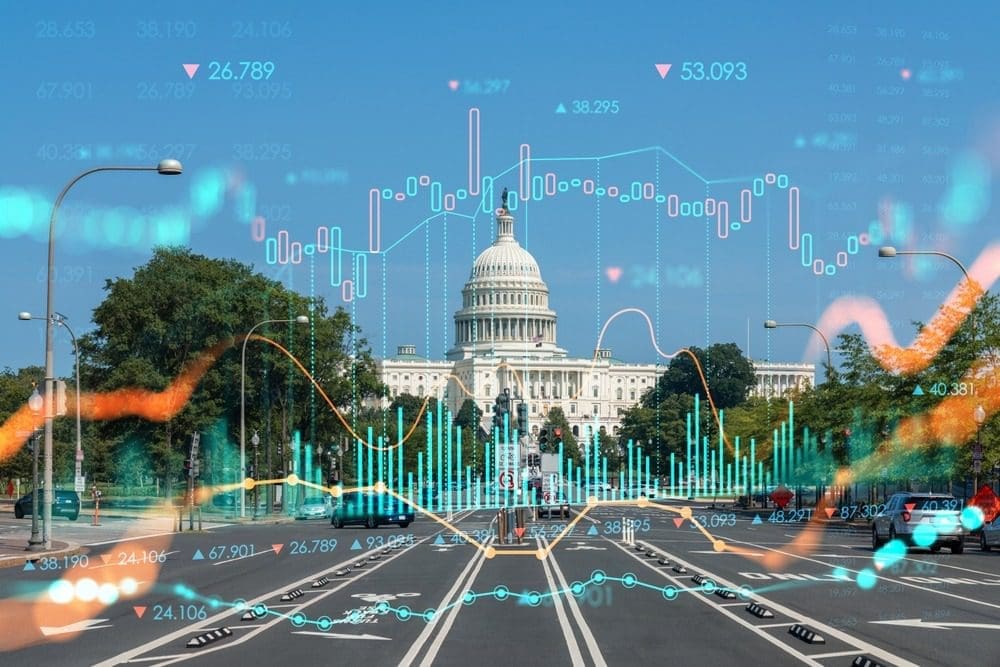
The “Honest Act” bans members of Congress, the president, vice president, and their spouses from owning or trading individual stocks. It requires divestment and forbids blind trusts. Executive branch rules kick in after Trump’s term ends.
Why Trump Got Mad
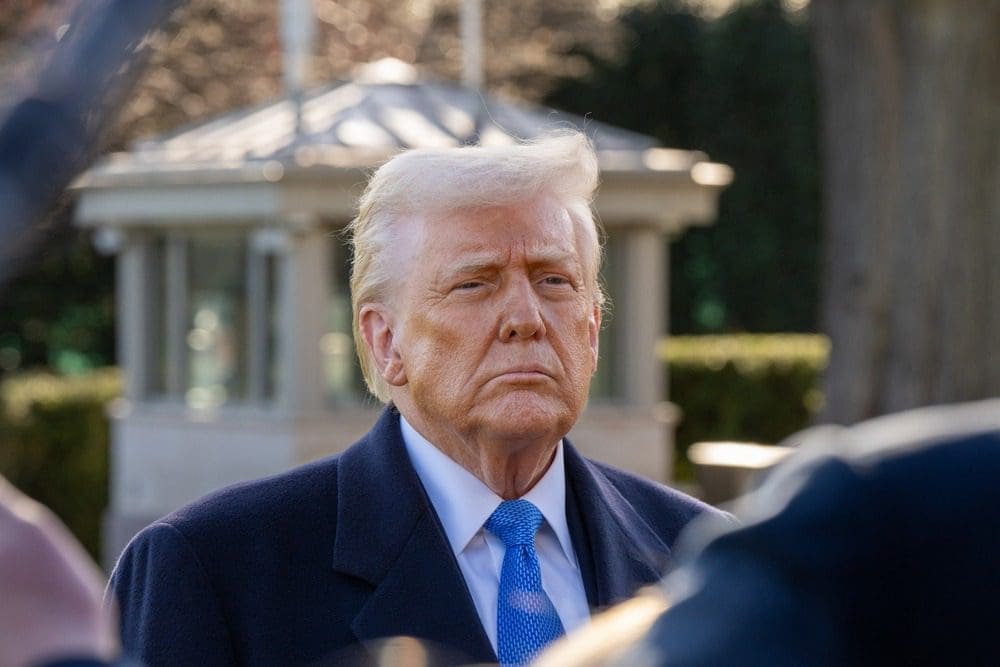
At first, Trump liked the idea. Then he learned it would apply to him and his family — just not right away. He lashed out at Hawley, who stood by the bill anyway. Trump’s tone has since softened, but friction remains.
What’s Next?
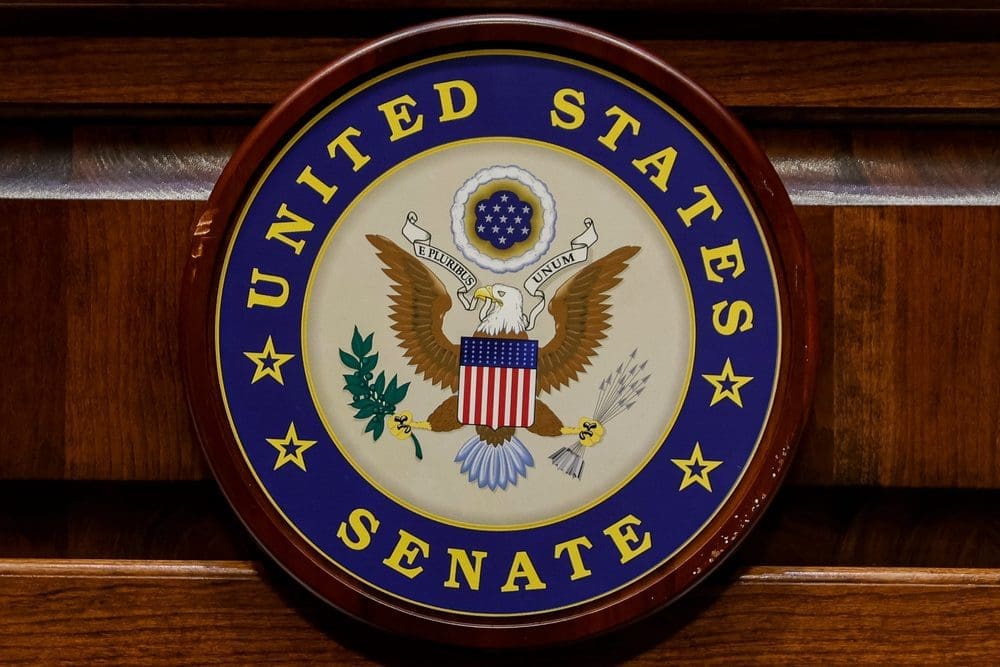
The bill heads to the full Senate, but faces fierce Republican resistance. Still, the public pressure is growing — especially with polling showing bipartisan voter support for banning lawmakers from trading stocks. Eyes are now on Mitch McConnell and the GOP leadership.







